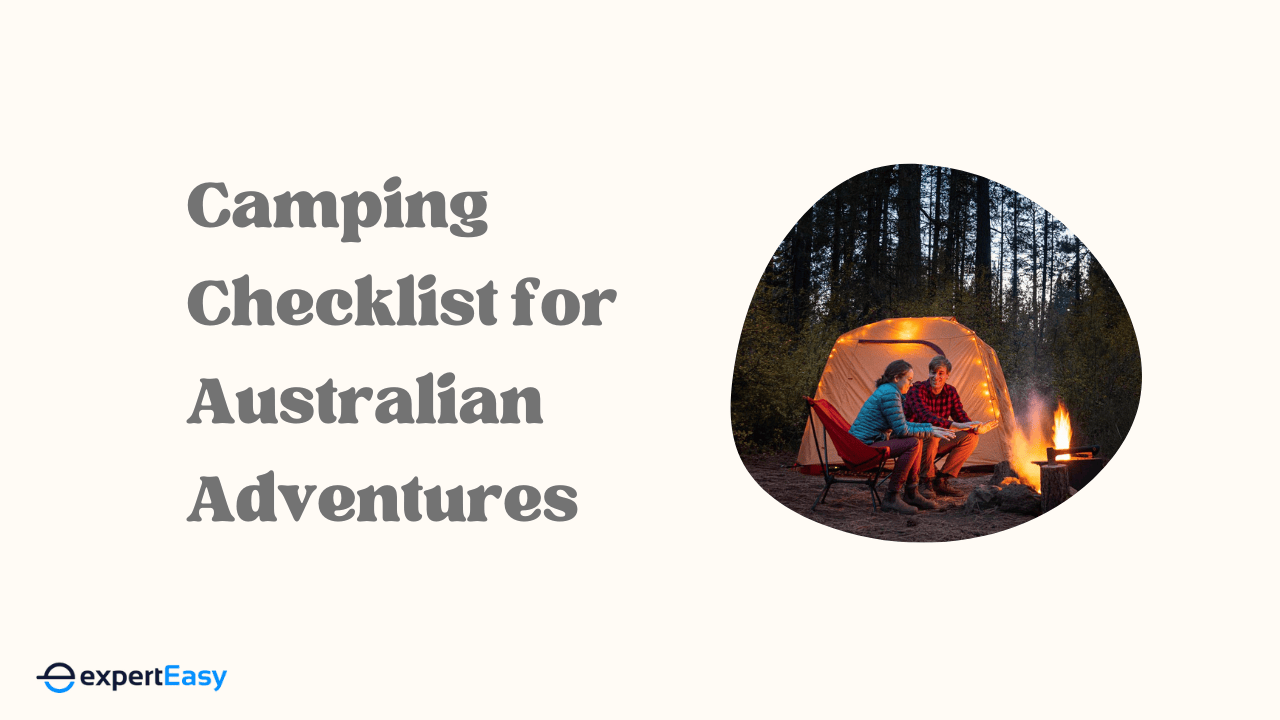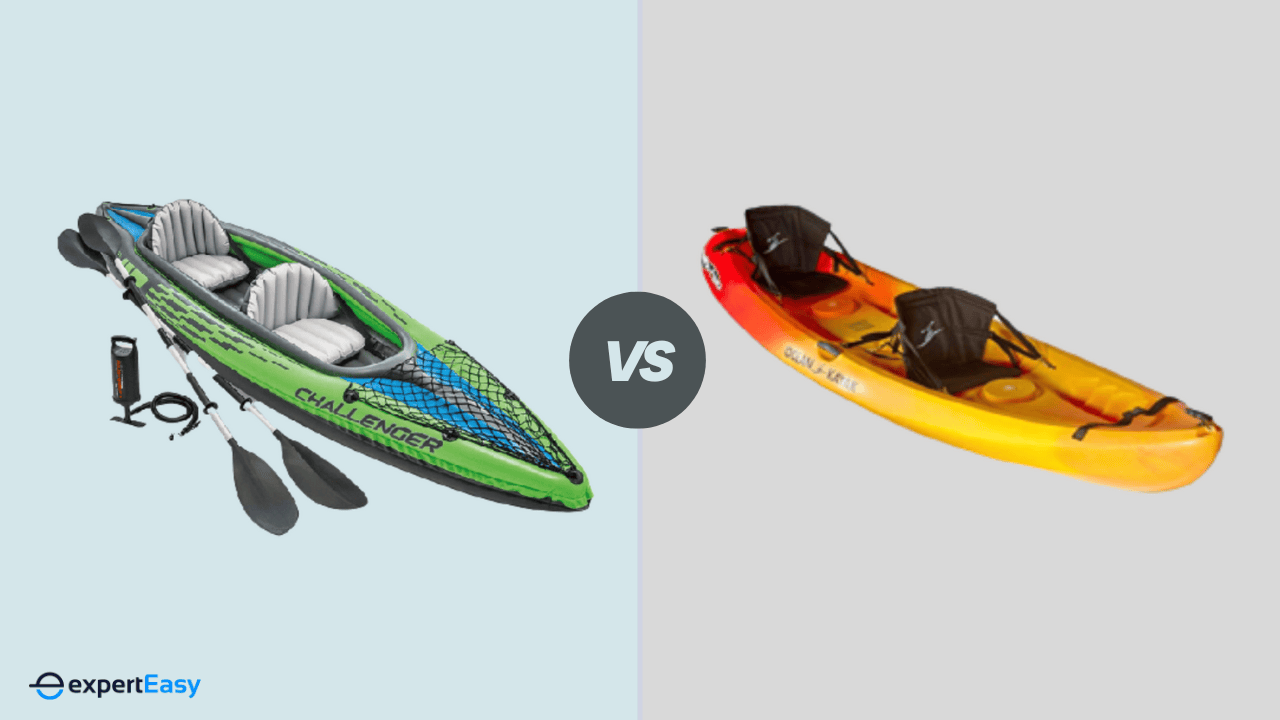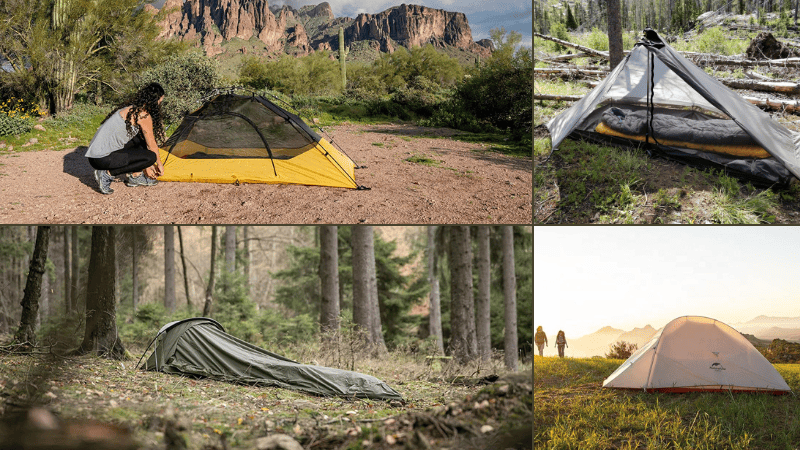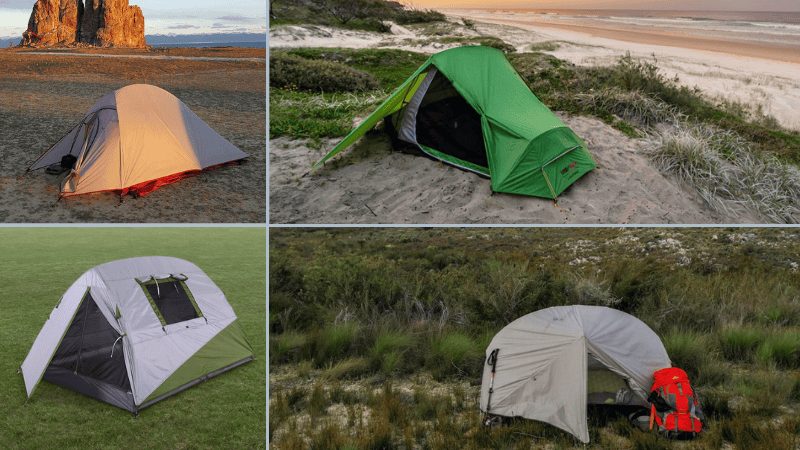Australia, with its incredible landscapes and rich wilderness, offers a myriad of camping experiences that truly define the phrase "adventure of a lifetime." Yet, even the most breathtaking adventure can lose its charm if you're not well-prepared.
Thus, packing the right gear for your escapade is as important as picking the spot itself. In this blog, I’ll guide you through a curated list of essential camping gear specifically tailored for the grand Aussie outdoors. I put them under three categories. Ready? Let’s deep dive!
Our essential camping checklist provides you with a quick overview of the must-have items to make your outdoor adventure a success. But there's more! For a comprehensive list that covers every detail, we recommend downloading our complete camping checklist PDF. It includes additional categories, subheadings, and detailed items to ensure you're fully prepared for your camping experience.
Must-Haves for Every Camper

Before you hit the road, pack all the essential items! Below are four must-have items have in your camping checklist in Australia:
1. Tent and Sleeping Gear
Your camp is your castle amidst the wilderness, and the right tent, coupled with snug sleeping gear, can make your nights under the starlit Australian sky just as exciting as your daytime adventures. Whether it's a swag or tent, choose an option suitable for the Aussie climate and spacious enough for your camping party. Combined with comfortable sleeping bags, sleeping pads, and camping pillows, you can be sure of a restful night after a day packed with exploration.
2. Cooking and Eating Utensils
Feasting around a campfire under the vast open sky is an essential part of the Aussie camping experience. Thus, don't forget to pack a portable stove, fuel, pots and pans, and necessary crockery and cutlery. A quality cooler or insulated bag to keep your tucker fresh is also crucial. Include non-perishable food items and plenty of water to stay hydrated while exploring the great outdoors.
3. Clothing and Footwear
Camping is all about embracing the wilderness, and the right clothing and footwear can make the experience comfortable and enjoyable. Ensure your attire is practical, comfortable, and suitable for the varied Australian weather conditions. Whether it's unexpected rainfall or scorching sun, being prepared for all weather scenarios is key to a pleasant camping experience.
4. First Aid Kit
A well-stocked first aid kit is another top priority. The first aid kit is crucial as it is the first treatment you can administer in case of an emergency. So, always take important items like bandages, antiseptic wipes, antihistamines, a first aid manual, and so on in your first aid kit. Similarly, it’s essential to learn to use the basic items in your kit beforehand.
Remember to bring your regular prescription medication with you to ensure you stay healthy and avoid any disruptions in your medication routine while enjoying your outdoor adventure.
The Not-So-Obvious Items

When packing your camp gear, some not-so-obvious items may take time to come to mind. Below is a packing list of unconventional but useful things to take on your next camping trip in Australia:
1. Insect Repellent and Sunscreen
Australia's unforgiving sun and pesky bugs are as legendary as its stunning landscapes. So be sure to pack insect repellent and sunscreen to protect yourself from harmful UV rays and bug bites. According to the Australian Antarctic Division (AAD), choosing a sunscreen with a broad spectrum, SPF 30 or higher, and water resistance is best. And remember, opt for an eco-friendly insect repellent to keep the environment as safe as you are.
2. Trash Bags and Hand Sanitizer
Packing a trash bag and hand sanitiser may seem like a minor detail, but they can significantly impact your camping experience. Keeping the campsite clean and sanitary is essential for the health and safety of all campers.
3. Maps and Compass
Navigational tools are essential when going camping. So, including maps and a compass in your camp list is crucial. Even with a GPS device, it's always a good idea to bring a map and compass as a backup in case of electronic failure or loss of signal.
The Optional Items

Once you've got the basics covered, why not elevate your camping experience with a few extras? Below are some optional items you can consider taking to camp.
1. Portable Shower and Toilet
Adding a portable shower and toilet to your camping checklist can make a huge difference in comfort and hygiene. These items are particularly useful when camping in remote areas with limited resources.
2. Camping Chair and Hammock
A comfortable chair and hammock are great for lounging around the campfire or taking in the views. And these items are lightweight and easy to set up, providing comfortable seating and a resting spot to unwind.
3. Emergency Communication Device
When venturing into the wilderness, it's vital to have a communication device in an emergency. For example, a satellite phone or personal locator beacon can provide peace of mind in an emergency.
Expert Camping Tips and Tricks
You've got your checklist ready, but how about some insider knowledge to really get the most out of your camping trip? Here's a section dedicated to expert tips on camping, packing, and improvising to take your experience from good to great.
#1. Pack efficiently
Mastering the art of packing efficiently can save you a lot of hassle and make your trip more enjoyable. First, lay out all the items you want to pack and then start grouping similar items together. Store these groups in zip-lock bags or compartments in your backpack. This way, you'll know exactly where everything is. Remember to pack the most frequently used items at the top of your pack.
#2. Hydration and Nutrition
Plan and pack meals that can easily be cooked over a fire. Pre-made mixes or pre-cut veggies can save you a lot of time. Don't forget to pack a lightweight, non-stick pot and pan. Always pack enough water, and then some more, as dehydration can be a real concern, especially in the Australian heat.
Keeping yourself well-hydrated and well-fed is crucial during your camping adventure. Nutrition-wise, opt for foods high in energy but low in weight and volume, like nuts, dried fruits, and energy bars. Remember to balance out the nutrition in your meals.
#3. Use Multi-purpose Items
Space is premium when camping, so pack items that serve multiple purposes. For example, a bandana can serve as a sun protector, towel, makeshift bag, bandage, water filter, and more. Or consider a multi-tool, which can serve as a knife, can opener, screwdriver, scissors, and more in one compact device.
#4. Embrace the Unexpected
Even with the best planning, things can take an unexpected turn. A sudden change in weather or a forgotten piece of gear can pose a challenge. The key is to remain flexible and be prepared to improvise. A bit of duct tape can fix a multitude of problems, and learning how to make a temporary shelter can be invaluable.
Remember, every challenge is a part of the adventure. And this includes Australia's diverse and sometimes unpredictable weather. Understanding the weather patterns of your camping area will help you prepare adequately. From packing the right clothes to setting up a tent that withstands a storm, being aware of the potential weather conditions is key.
#5. Leave No Trace
The principle of 'Leave No Trace' is essential to sustainable camping. This means leaving your campsite as you found it, if not better. Dispose of waste properly, respect wildlife, and be considerate of other visitors. A good camper always seeks to minimise their impact on the environment; clean up after yourself to keep the area safe and inviting for future campers.
Frequently Asked Questions (FAQs)
Here are some frequently asked questions on camping checklists.
What food items should I include in my camping checklist?
Your camping checklist should include a balance of nutritious and non-perishable food items. Energy-dense foods like nuts, dried fruit, and energy bars are great. Also, consider easy-to-cook meals, instant soups, pasta, and canned foods. Don't forget essential cooking supplies and a method to store and keep your food fresh.
Should my camping checklist differ depending on the season?
Absolutely. Seasonal variations in Australia can significantly impact your camping experience. For instance, in colder weather, your checklist should include warmer clothing and extra bedding. In hotter months, hydration supplies and sun protection become even more critical. Tailoring your checklist to the season ensures you're prepared for the elements.
Are there any special items I should include in a camping checklist for Australian adventures?
When camping in Australia, extra items such as high-SPF sunscreen, insect repellent, and a wide-brimmed hat are essential due to the intense sun and the prevalence of insects. A map and compass are also crucial due to the vast wilderness areas you may be exploring.
How can I make my camping checklist more environmentally friendly?
Opting for eco-friendly options in your camping checklist helps minimise your impact on the environment. Choose biodegradable products, avoid single-use plastics, pack reusable water bottles, and consider solar-powered devices. Remember, the goal is to leave no trace, keeping Australia's outdoors pristine for future campers.
Is there anything I can do to make my camping checklist less bulky?
Yes, consider including multi-purpose items to reduce bulk. For example, a multi-tool can function as a knife, can opener, and screwdriver. Opt for lightweight and compact gear where possible, and pack only the clothes you need, considering laundry options to minimise clothing. Plan your meals to avoid overpacking food. Remember, efficient packing is key for a more comfortable camping experience.
Basking in the Bush: Final Word
With this comprehensive camping checklist, campers can be prepared for all the essential items they need to bring on a camping trip to Australia. Remember, the key to a successful camping trip is being prepared and organised. So, use this checklist, customise it to your needs, and get ready for the Australian bush's call. Here's to memorable camping adventures down under!







